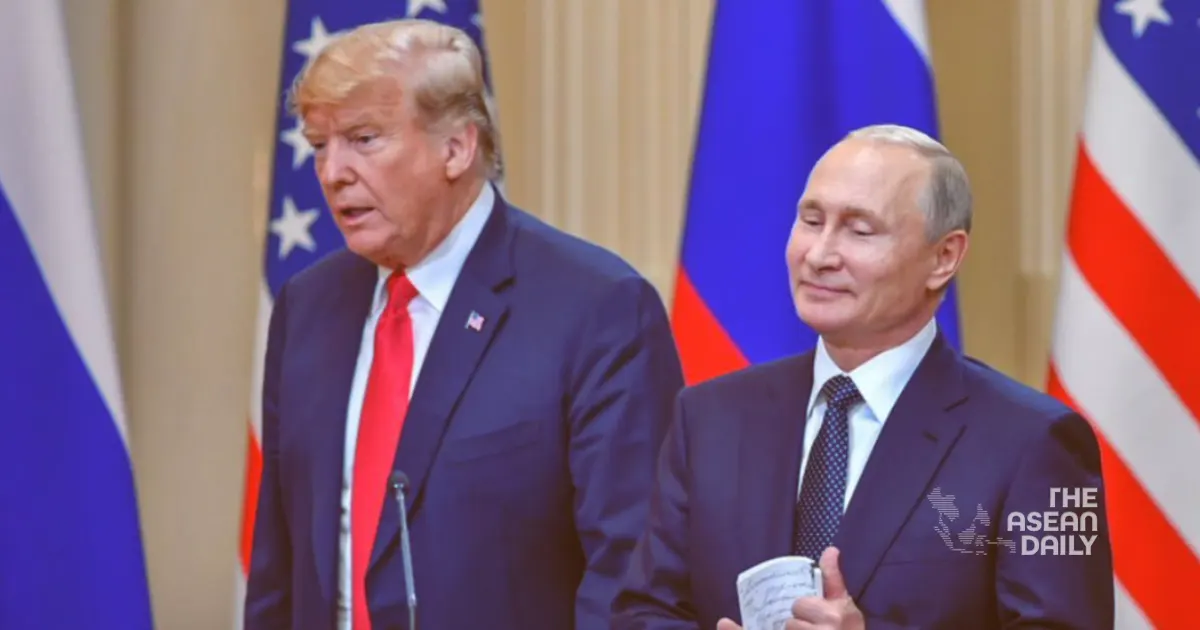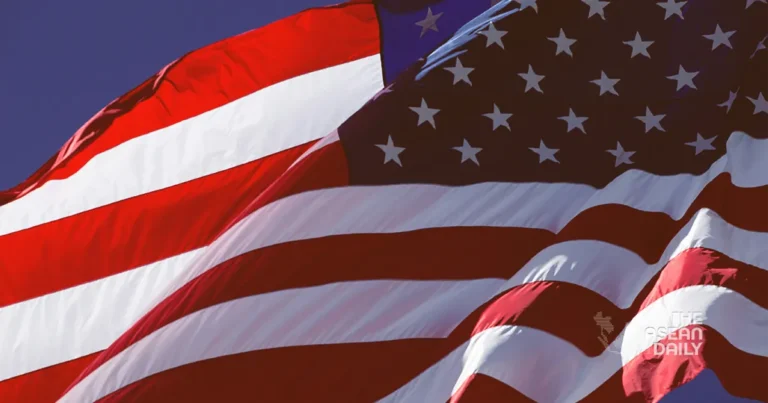25-2-2025 (WASHINGTON) The transatlantic alliance faced unprecedented strain as the United States markedly diverged from its European partners during crucial United Nations votes concerning the Ukraine conflict, marking a dramatic shift in diplomatic relations under President Donald Trump’s administration.
The diplomatic rupture became glaringly apparent when the United States aligned with Russia in opposing a European-backed Ukrainian resolution at the UN General Assembly, which explicitly condemned Moscow’s aggression and demanded immediate troop withdrawal. This surprising stance emerged shortly after Trump initiated direct negotiations with Russia regarding war termination, notably excluding Ukraine and European stakeholders from preliminary discussions.

The political theatre intensified as the US found itself isolated when European nations, spearheaded by France, successfully amended the American-drafted resolution to explicitly identify Russia as the aggressor. This modification prompted an unexpected US abstention from voting on its own proposal, occurring symbolically on the third anniversary of Russia’s invasion and during French President Emmanuel Macron’s Washington visit.
The diplomatic landscape has grown increasingly complex amidst Trump’s escalating rhetoric, including his controversial characterisation of Ukrainian President Volodymyr Zelenskyy as a “dictator” for not conducting elections during wartime. Trump’s assertions about Kyiv initiating the conflict have been met with sharp rebuke from Zelenskyy, who accused the former of inhabiting a “Russian-made disinformation space”.
The General Assembly’s voting patterns revealed shifting global alignments, with support for Ukraine showing signs of erosion compared to previous resolutions. The Ukrainian resolution secured 93 votes in favour, with 18 against and 65 abstentions—a marked decrease from earlier votes where over 140 nations had condemned Russian aggression.
Britain’s UN Ambassador Barbara Woodward issued a stark warning about the potential consequences of Russian victory, whilst Denmark’s representative emphasised the importance of inclusive peace negotiations. The US position, articulated by Deputy Ambassador Dorothy Shea, stressed the need for a resolution demonstrating unified commitment to ending the conflict.
The Security Council proceedings further highlighted the diplomatic impasse, with Russia exercising its veto power to block European amendments to the US resolution. This development underscores the General Assembly’s emerging role as the primary UN forum for addressing the Ukraine crisis, given the Security Council’s limitations due to Russia’s veto authority.
Amidst this diplomatic turbulence, Trump’s engagement with key European leaders, including scheduled meetings with French President Macron and British Prime Minister Keir Starmer, showcases the evolving dynamics of transatlantic relations.




